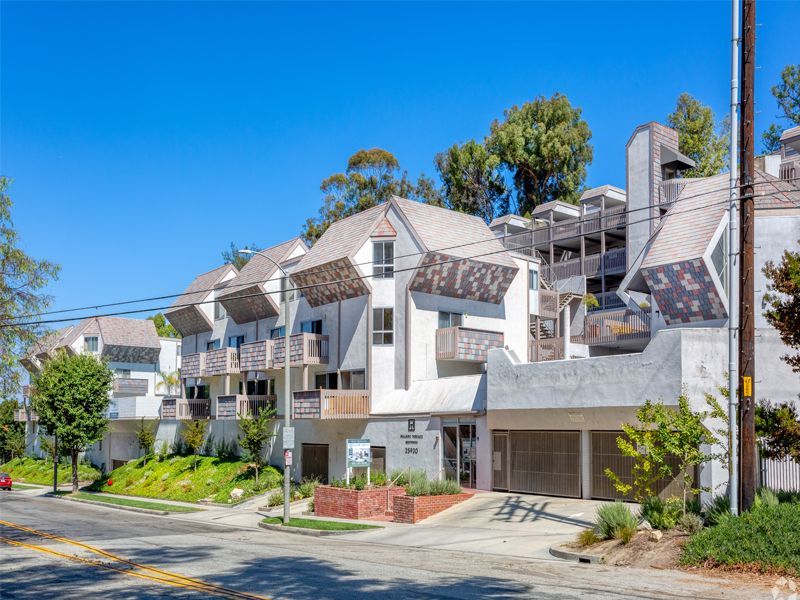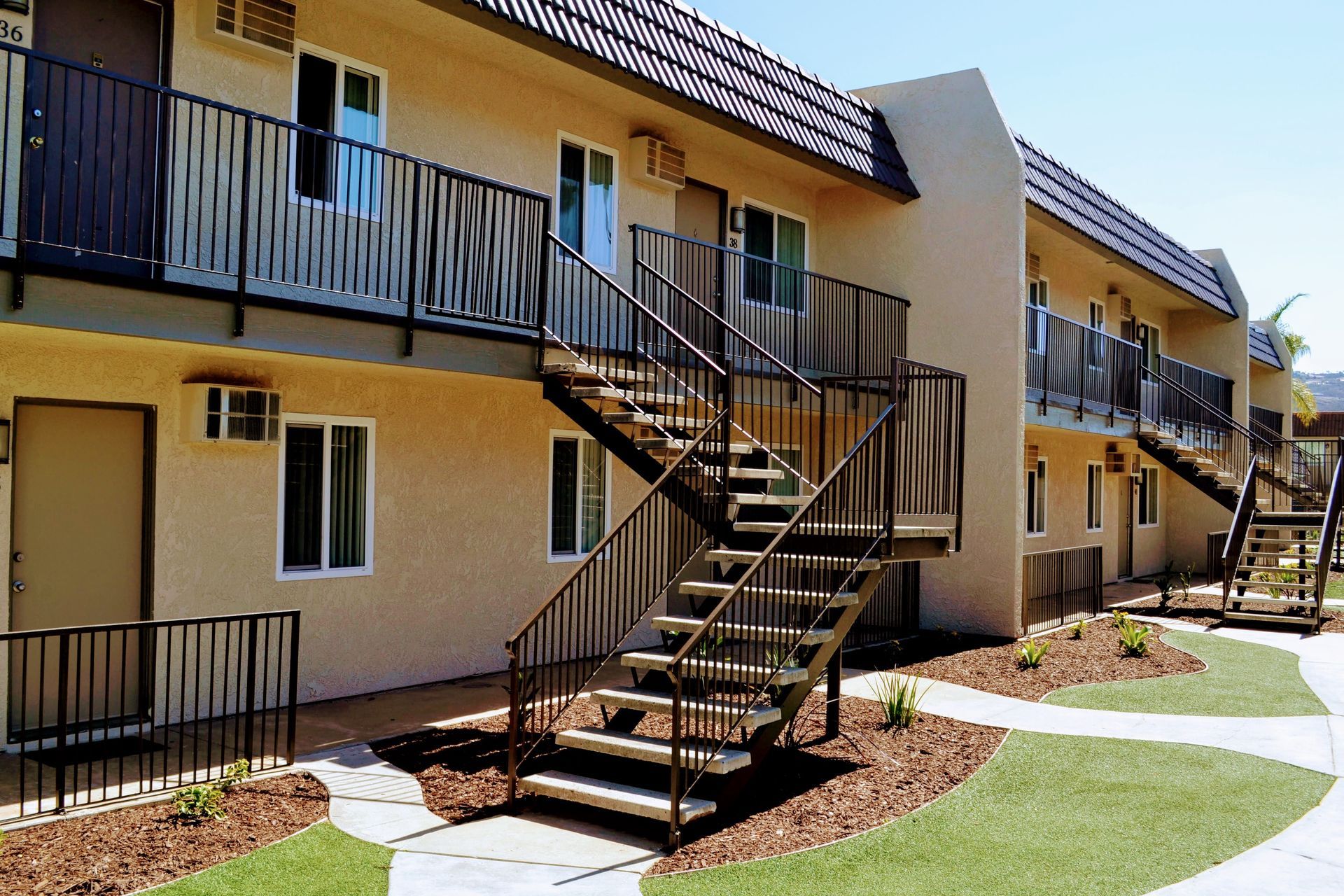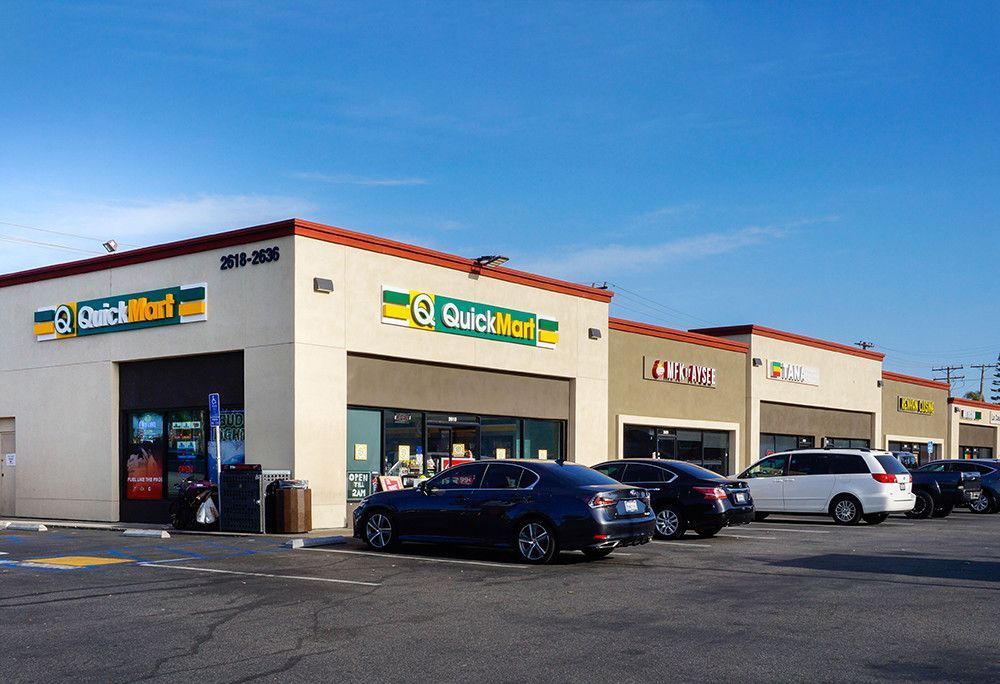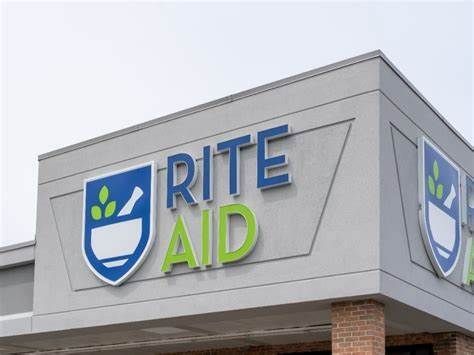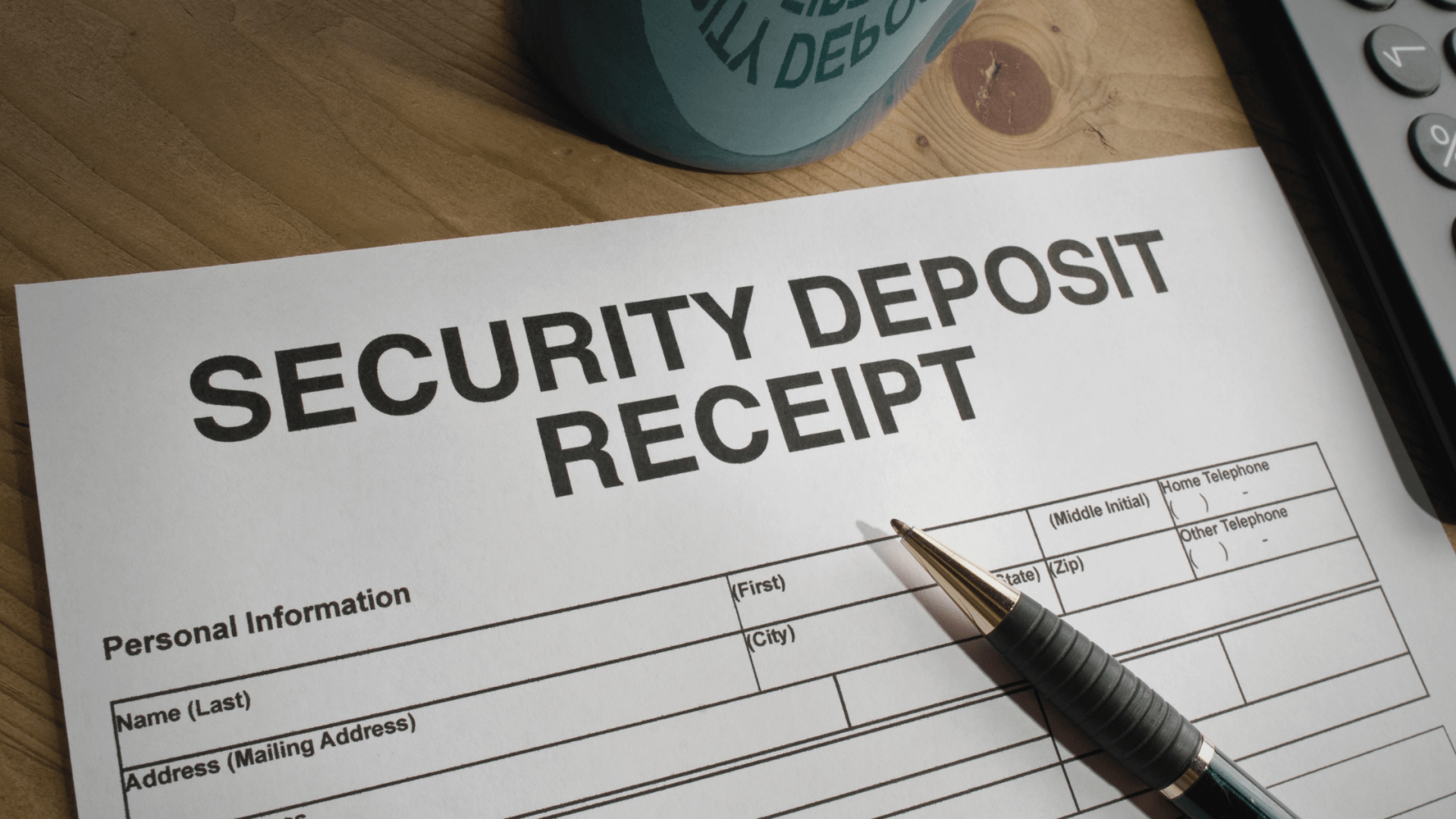Length of Average Renter Stay on Section 8
As a landlord, learning about the Section 8 program (sometimes referred to as the Housing Choice Voucher Program or HCV) can be a bit daunting, thanks largely to the conflicting messaging that is out there regarding the pros and cons of accepting it. Some real estate investors say they love it because it sets up a steady form of rental income, while others try to stay away because they feel it is not worth going through the process to set it up.
No matter which side of the argument you are listening to, there is at least one major benefit of the Section 8 program that gets mentioned a lot (aside from consistent rent checks, that is) - lower turnover rates.
Because vacant rental units (and the time and money it takes to get them rent-ready again) can end up being one of the costliest expenses of your real estate investment, we want to dive a bit deeper into the idea that Section 8 tenants (on average) stay in your rental longer.
A good place to start is the “HUD” (U.S. Department of Housing and Urban Development) website. According to their “Housing Choice Voucher Facts Sheet” and “Myth-Busting and Benefits Fact Sheet,” it appears that the average time someone stays on the program and in a single rental unit is somewhere between 6 and 9 years.
This means that even the shorter stays are fairly long. Now, remember, the Section 8 program was built to help those with very low income, the elderly, and the disabled. Knowing this helps us understand why it is that you will often enjoy lower turnover rates.
Why Section 8 Tenants Stay Longer
One of the main needs that tenants in these types of situations are looking for is stability. After all, they have already had to endure the waiting long list to finally get a Section 8 voucher in the first place, then find a landlord that accepts it, and then go through the whole process of moving into the rental unit.
If just a year or two later they decide they want to move out and still hold onto their voucher, they would need to notify the public housing agency ahead of time, terminate the existing lease (within the agreed-upon lease provisions, of course), and find acceptable alternate housing (which can be very difficult, given the number of voucher holders seeking housing). It is for these reasons that, as long as you maintain a decent and respectable property, Section 8 tenants will want to stay in place for longer periods of time.
It is also worth mentioning that there is another, more subtle and socioeconomic, reason that Section 8 tenants tend to keep your units occupied longer. It is one that you can feel good about, too.
That reason is that you will oftentimes see families taking advantage of the fact that these vouchers can be used in any location (not just neighborhoods with government-built housing projects) and they can use them for any type of housing (be it an apartment, a townhome, a condo, etc.); therefore, people can use these vouchers as a way to escape unsafe or unkempt neighborhoods and enjoy the stability of a new area and a rental unit that must adhere to the “decent, safe, and sanitary” standards of quality that the program requires.
As long as your rental unit can provide that, voucher holders will want to stay longer in order to build a better life for themselves.
In contrast, imagine a young couple with high incomes. It is often the case that they stay for only a year or two before moving into another apartment building with more amenities, or they leave to buy their first house. If you are the type of landlord who can quickly and affordably turn over units more often, this might not be much of an issue to you.
If, however, you value stability and you do not want to have to turn individual units as often, the Section 8 tenant may seem like a better choice. Now, granted, you need to keep in mind that most states make it illegal to deny or accept someone based on how they receive their income (and this includes Section 8 vouchers), but all of this is simply to show that Section 8 (a program that landlords can sometimes be highly skeptical of) can be a great part of your real estate investment.
Handling Misconceptions About Section 8
But maybe you have heard that Section 8 tenants can be more unstable with work, they will not take care of your unit as well, or that they bring with them some kind of “bad element.” First, it should be pointed out that you still have the right to screen prospective tenants that have Section 8 vouchers, just as you would for any other person. Good screening practices help to minimize exposure, no matter where their income comes from.
More specifically related to the Section 8 program, however, is the fact that local housing authorities are designed to look out for their voucher holders. If, for example, a tenant goes on an unpaid leave of absence from work (e.g., for maternity or health issues), the local housing authority can cover their payments while they recover.
Also, the yearly inspections from the Section 8 program don’t just affect you as the landlord, but tenants are also held responsible by the city/county for adhering to the rules of the program in order to maintain their voucher. If they are found in violation because of unauthorized pets, unapproved long-term guests, drugs, or damage to the property, they risk losing their vouchers, which can be difficult or even impossible to get reinstated.
Conclusion
Hopefully, this post has provided a new perspective on why Section 8 tenants can be a positive aspect of your investment, particularly when it comes to keeping tenants in place for longer periods of time and dealing less with vacancies and unit-turns. Because of this, it is worth it for you or your property manager to look into setting up an efficient system for accepting Section 8 tenants.
Property Management Made Easy
Contact Us - Contact Page
We will get back to you as soon as possible
Please try again later
Los Angeles
1411 W. 190th St.,
Suite 225
Los Angeles, CA 90248
Temecula
41743 Enterprise Circle N.,
Suite 207
Temecula, CA 92590

P.O. BOX #1489
TORRANCE, CA 90505
